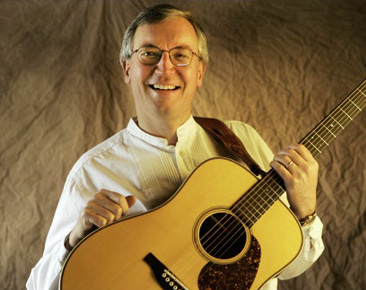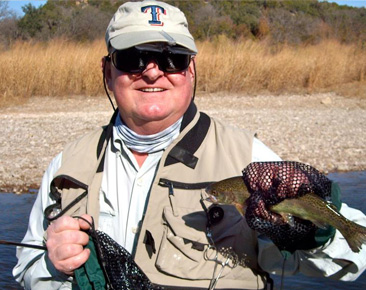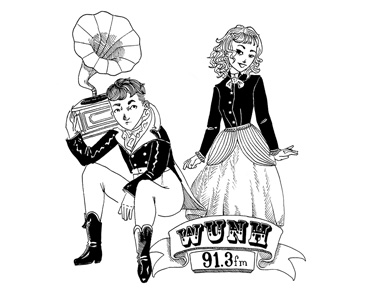
 It’s well known that some folks have a pretty tight opinion on what can be classified as bluegrass music. If it has drums, it’s out. If it has resonator guitar, it’s out. If the band isn’t wearing suits and ties, it’s out. If the song doesn’t have the words “blue,” “lonesome,” “cabin,” and/or “mountain” in the title, it’s definitely out. However, most fans and musicians these days have a much more open, “big tent” approach to the music. Steve Fisher is one of those.
It’s well known that some folks have a pretty tight opinion on what can be classified as bluegrass music. If it has drums, it’s out. If it has resonator guitar, it’s out. If the band isn’t wearing suits and ties, it’s out. If the song doesn’t have the words “blue,” “lonesome,” “cabin,” and/or “mountain” in the title, it’s definitely out. However, most fans and musicians these days have a much more open, “big tent” approach to the music. Steve Fisher is one of those.
As the host of Fire on the Mountain, a bluegrass radio show broadcast every Thursday evening at 6:00 p.m. (MST) on CKUA in Alberta, Fisher spins artists ranging from Bill Monroe and The Stanley Brothers to Sam Bush and The Punch Brothers. As a musician himself (he plays guitar and sings), he says he doesn’t relate as much to one specific genre or sub-genre as he does to “tone, skill, and intention.” He seems to appreciate it all. “I like Doc, Tony, Dr. Ralph, Hazel Dickens, Alison K., Claire Lynch, Laurie Lewis, the New Grass Revival, Norman Blake, Larry Sparks, The Punch Brothers, Larry Keel, Cahalen Morrison & Eli West, Pharis & Jason Romero, and many others who find their own comfort zone between tradition and innovation,” he says.
Fisher says that he first became interested in bluegrass music as a player, presenter, and fan. He grew up just outside of Toronto, and while his first instrument was saxophone, he learned to play guitar after high school. After interludes earning an English Literature degree and graduating from law school, he happened into bluegrass in the late 1980s. Since then, he has played numerous festivals and clubs throughout Alberta and British Columbia. In 2002, he helped found the band Restless Lester, with which he can still be found at festivals and other venues.
He hasn’t been involved in radio quite as long as he has bluegrass music. His first experience with broadcasting came in the early 1990s, with a three-year stint on campus radio. Since starting to work on CKUA in 2011, his show has become quite popular. Fire on the Mountain even earned him a nomination for IBMA Bluegrass Broadcaster of the Year in 2014.
We recently had the chance to speak with Fisher about his thoughts on bluegrass music. Here’s what he had to say.
How would you define bluegrass music as a genre?
“Bluegrass is the product of a number of musical traditions synthesized by Bill Monroe, Flatt & Scruggs, The Stanley Brothers, and other bands from the late 1940’s and early 50’s. It also has innovative elements that emerged during the periods when it enjoyed a presence on commercial radio. For the most part, the instrumentation in bluegrass is acoustic with banjo, fiddle, mandolin, dobro or resophonic guitar, acoustic guitar, and upright bass. Electric bass is also frequently present as an instrument or through the amplification of upright basses. Vocals tend to be high and often in harmony.”
What form of bluegrass do you most enjoy?
“Modern Traditional.”
What artists do you consider examples of the form you most enjoy?
“Del McCoury Band.”
If you could only listen to one album for the rest of your life, which one would it be?
“Every Time You Say Goodbye by Alison Krauss and Union Station. Why? Because it’s a nearly perfect match between innovative, traditionally oriented playing, current (for the time) singing derived from Tony Rice, The New South, and other bands, and exquisitely chosen contemporary material played by a band with unsurpassed chops and taste.”
What album is currently in your car stereo?
“Darol Anger – E-and’a.”
Artists interested in submitting their music to Fisher for airplay consideration are welcome to email high quality digital files, including liner notes, to mail@stevefishermusic.ca.
If you host a bluegrass radio show and would like to participate in our chart as a weekly reporter, please fill out this form and we’ll get right back to you.







